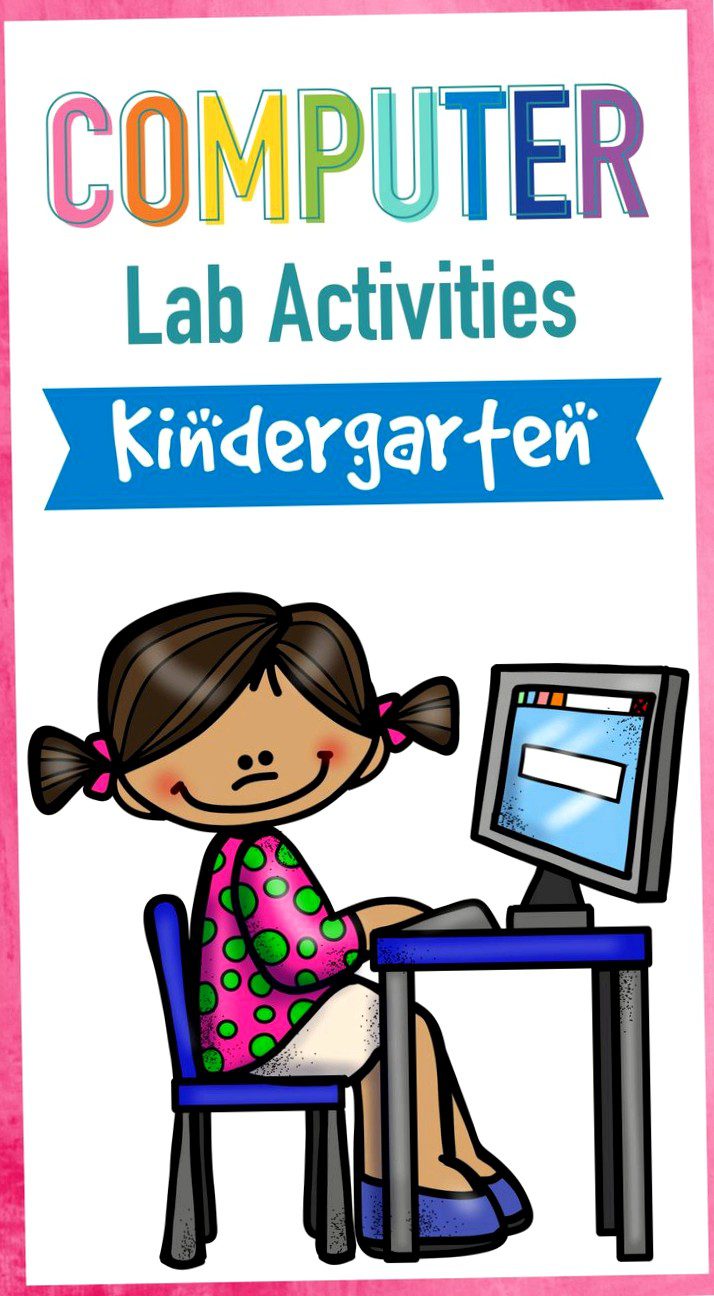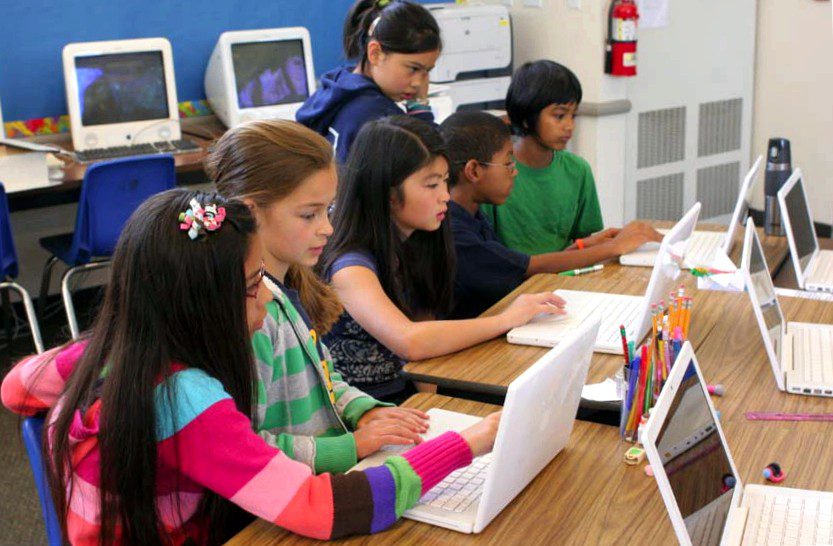
In today’s digital world, computer literacy is an important skill that can be acquired at a young age. Kindergarten is the ideal place to learn how to use computers through play. Interactive games and learning programs can not only capture children’s attention, but also make the learning process more effective and fun.
The use of computers in kindergarten can also help foster children’s creativity and problem-solving skills. By creating digital artworks or playing cognitive challenges, children can improve their skills and expand their imagination. In addition, computers can also be used as an educational tool to teach children math concepts or language skills.
Of course, the use of computers in kindergarten must be age-appropriate and supervised. Care should be taken to ensure that children do not spend too much time in front of the screen and that the programs they use meet educational standards. Parents should also be closely involved in the process to ensure that technology is in line with family values and goals.
Overall, the use of computers in kindergarten offers a variety of benefits. If used properly, this can help improve children’s cognitive development and skills, while also making learning fun and interesting. Therefore, it is important that kindergartens and teachers take advantage of technology and make sure that children are prepared for the challenges of the digital world.
Preparation
Before using computers in kindergarten, some things need to be prepared.
One important consideration is the selection of appropriate hardware. The needs of the children and the pedagogical goals should be in the foreground. Care must also be taken in the selection of software. There are special programs for educational use in kindergartens that are tailored to the needs and abilities of children.
In addition, it is important to create conditions for the use of computers in kindergartens. For this, the premises should be equipped accordingly. Setting up networks, optimizing Internet connectivity, and installing and maintaining hardware and software are also important tasks that must be carefully planned and executed.
- Summary:
- Hardware selection
- Software selection
- Creating conditions

The positive effects of computer use in kindergarten on children
With the help of computers in kindergarten, children can playfully improve their cognitive skills and acquire skills in using digital media. They can also train their motor skills by using the mouse and keyboard.
The use of special programs promotes children’s language development and helps them expand their linguistic knowledge in a fun way. Children’s social skills can also be strengthened through computer use in kindergarten, as they learn to work and communicate together.
In addition, the use of computers in kindergarten can help increase children’s interest in learning and enable them to expand their expertise in various areas. For example, by learning about the different ways of using computers in kindergarten, children may later decide to pursue a career in this field.
- Improvement of cognitive abilities
- Acquisition of skills in the use of digital media
- Training of motor skills
- Promoting language development
- Strengthening social competence
- Increase of interest in learning
- Expand their specialist knowledge in various areas
The use of computers in kindergarten thus has many positive effects on children and should not be underestimated.
Advantages for educators when working with computers in kindergartens
The use of computers in kindergarten offers numerous advantages for educators. One of the most important is the time saving. With special software, for example, child profiles and learning progress can be created and managed more easily and quickly than with classic methods.
In addition, computer work facilitates communication between different institutions, such as parents, schools, and government offices. Educators can share information and plan joint projects more quickly and efficiently.
Computers also offer numerous opportunities for educational work. Interactive learning games and programs allow children to learn different areas such as language, mathematics or music in a playful way. The development of creative ideas, for example for handicrafts or plays, can also be supported and extended with the help of computers.
Another advantage that can be mentioned is the flexibility that is achieved through the use of computers. Educators can work independently of space and time, which can be especially beneficial when preparing for projects or lessons. If they divide their work into time slots that suit them, they can better integrate tasks such as writing concepts into their daily routine.
All in all, working with computers in the kindergarten thus offers numerous advantages for educators. It facilitates work processes, promotes pedagogical work and offers more flexibility. Through the right use, the children can be supported even better.